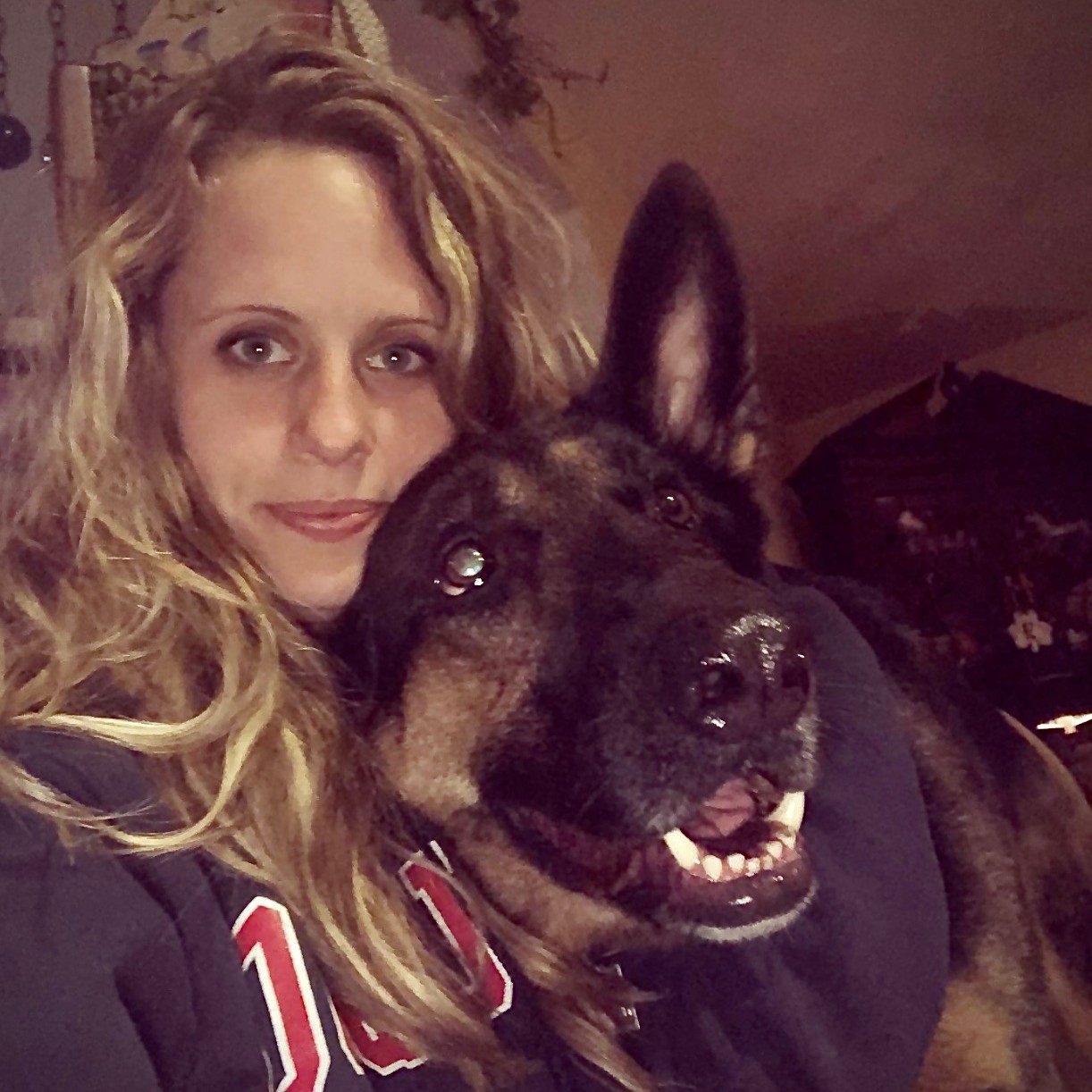Iodine is an essential trace mineral that is necessary for healthy thyroid function. Low levels can cause hypothyroidism in dogs and too high of levels can cause hyperthyroidism and overstimulate the thyroid. These hormone imbalances can stem into other issues, such as behavioral problems, skin and coat issues, and cognitive aging. Cognitive aging and Canine Cognitive Dysfunction (CCD) can lead to anxiety, irritability, lethargy and disorientation to name a few.
If feed whole prey animals (the entire animal) regularly, then your dog will be getting sufficient amounts of iodine as this is found in the thyroid gland of animals. However, if you are feeding BARF style raw (80/10/10), then your dog will definitely be low in iodine and it will need to be supplemented.
The richest form of iodine comes from seaweed, specifically kelp. Kelp is large brown algae that survives in shallow saltwater, is incredibly nutrient dense, and has many benefits for humans and animals. Kelp helps to regulate the thyroid gland, hormones, metabolism, enhances the immune system, helps combat heavy metals that accumulate within the body and promotes skin and coat health.
I personally like to use organic kelp powder from the NOW brand. Per NRC guidelines, the recommended allowance for an adult dog eating 1,000 kcals per day (approx. a 50-pound dog) is 220mcg of iodine.
So, if you raw feed or provide a cooked diet for you dog, make sure you are adding this essential mineral to your dog’s food to reap all the wonderful benefits!
Please let me know if you have any questions or if I can assist you in any way!
Blessings <3

